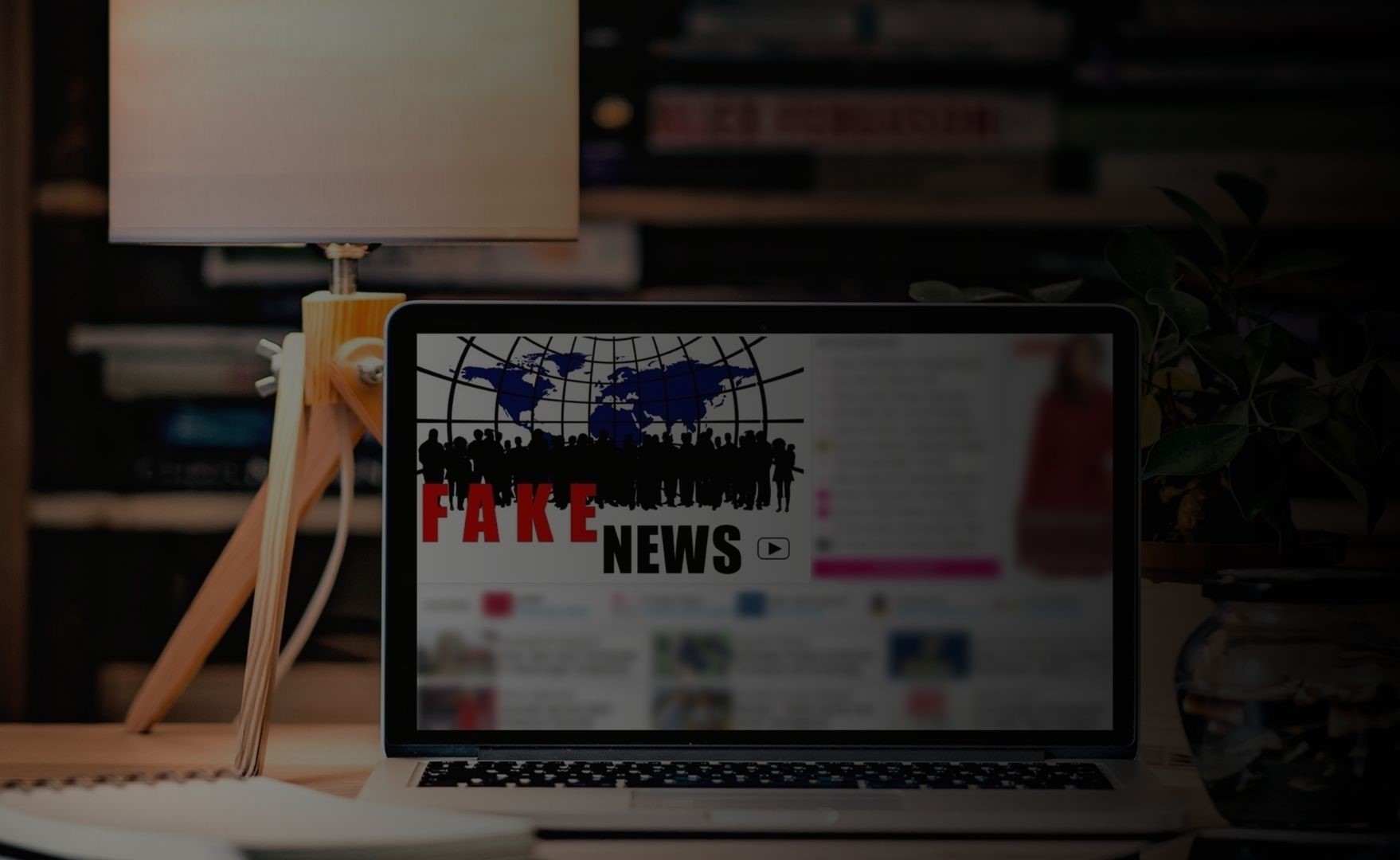Top News
THE WAR ON FAKE NEWS AND DISINFORMATION

Online disinformation is now a global phenomenon that refers to one or more information with zero documentary support, aimed at creating a widespread opinion on a large scale.
Fake news runs fast on the net and on social networks, including Facebook and Twitter. On these platforms, if we consider the so-called information cascade (i.e., chains of interrupted shares), fake news is from ten to twenty times faster than the real ones and can spread with greater depth.
According to some MIT researchers, fake news acquires a greater force of penetration through the web for two factors that lead it to be more "popular" than a correct one:
- The first according to which fake news seems to be “newer” and more original than true news. The study affirms that online hoaxes retweeted for the most part have in common the characteristic of being very different from all the tweets that previously appeared on individual accounts.
- The second takes into consideration the fact that fake news can leverage strong emotions and are able to arouse greater surprise, curiosity, disgust, or fear. Hoaxes are linked to popular topics such as politics, finance, natural disasters, and science. That is why they spread and go viral.
Fact checking and debunking: who are the information professionals?
The task force that deals with unmasking misinformation online are fact checkers and debunkers. They do not aim to guarantee better information, but rather certified information: the public must refer exclusively to news that has passed under the careful control of "information professionals". When fact-checkers report content as false, they reduce its distribution in such a way as to decrease the number of people who receive it. In the most serious cases of misinformation, such as those related to Covid-19, vaccines or interference in elections, the content is directly removed.
Google initiative
On the International Fact Checking Day that falls this month, Google sets itself two new challenges: the war on fake news and support to the media that fight misinformation. In fact, it was the company itself that announced that it will contribute 25 million euros to the European Fund for Media and Information. Google, together with Altroconsumo and Fondazione Mondo Digitale, has made available a Decalogue of good information to combat fake news. Among the most relevant tools the company considers: research of the source, consultation of fact checkers, cross-checks, verification of the reliability of the image and identification of the place.
In the last twelve months more than 50 thousand fact checks have been published on Google search and they have been viewed about 2.4 billion times (CorCom). This evidence shows us that in the digital age it becomes essential to constantly monitor what is published on social networks, on the web and on the media in general, to counteract fake news.
 ENG
ENG  ITA
ITA 
